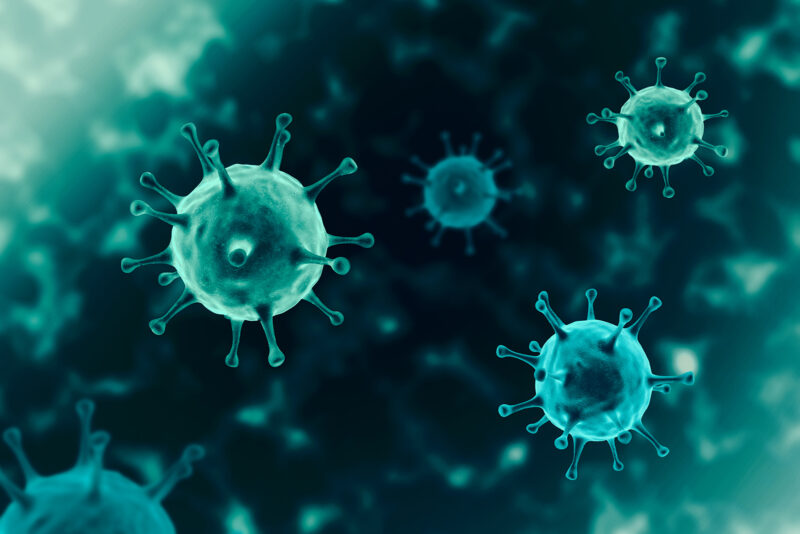PhD Thesis: Wood and resin curb viruses on surfaces – three tree species effective against coronavirus

Doctoral research at the University of Jyväskylä sheds new light on the ability of tree species to prevent the transmission of viruses.
’We found that different wood species like pine, spruce, birch, oak, eucalyptus, and alder naturally displayed broad-spectrum antiviral activity,’says PhD researcher Sailee Shroff in a news release by the University of Jyväskylä, Finland.
Viruses are transmitted through direct or close contact and also via contaminated surfaces. According to the news release, the antiviral effect of wood is partly due to the ability of wood to bind the virus to the surface and to extractives in the wood.

Shroff also points out that the ability to weaken both enveloped and non-enveloped viruses varied according to tree species. According to the Duodecim Medical Journal, enveloped viruses include, for example, the HIV and herpes viruses and the coronavirus. Non-enveloped viruses include the polio virus and the adenovirus, which causes eye infections, stomach trouble and influenza.
In her PhD thesis, Shroff has found that the species with the fastest effect against the human coronavirus are pine, spruce, birch and alder.
Shroff also found that conifer resin applied to a plastic surface rapidly weakened the infectivity of human coronavirus (OC43 and SARS-CoV2). The effect of conifer resin is based on the fact that it actively leaked synthetic resin out of the plastic and destroyed the infectivity of the virus even after binding a host cell.
Shroff studied the length of time that the viruses could persist on the most common surfaces encountered daily, such as wood or plastic surfaces. The chemical effect of different tree species on viruses was studied in collaboration with researchers from the University of Eastern Finland.
Shroff also observed that polyphenols found in wood prevent the transmission of viruses. Polyphenols are substances produced naturally by plants. They protect the plant against harmful UV radiation and various pathogens, for example.
Shroff points out that disinfecting surfaces is still an effective method of combating viruses, though it can be laborious, time-consuming, costly and harmful to the environment.
The CoVID-19 pandemic is still ongoing, so it is important to continue searching for new ways of curbing the virus and to prevent outbreaks in communities.
’The CoVID-19 pandemic is still ongoing, so it is important to continue searching for new ways of curbing the virus and to prevent outbreaks in communities,’ Shroff says.
The antiviral properties of wood have been long known in traditional folk medicine. Three years ago, Forest.fi reported that components of conifer resin destroy the coronavirus on plastic surfaces in minutes.
In March 20222, Forest.fi wrote about a study showing that the coronavirus, zikavirus and enterovirus can be effectively combated by a bio-based, antiviral raw material found in Finnish forests. It destroys viruses on surfaces and human skin. Its effect is based on microbial activity and raw materials derived from the forest.